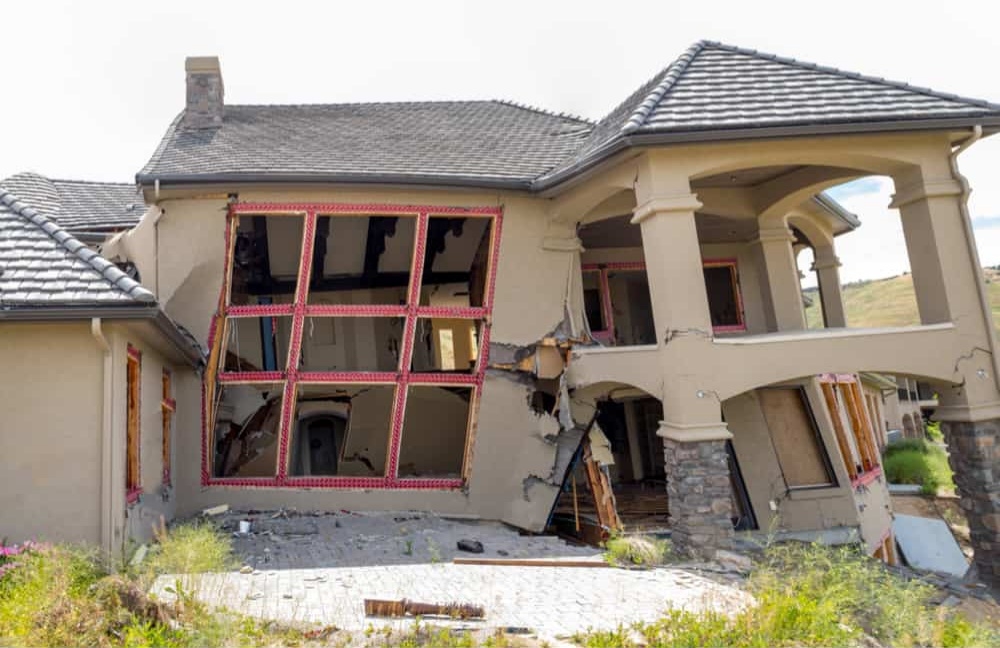1. Impact on Price Negotiations: Significant defects, such as foundation issues, roof damage, or plumbing problems, often lead buyers to request a price reduction to cover repair costs or ask the seller to address the issues before closing.
2. Renegotiation of Terms: If defects are substantial, the buyer may propose adjustments to the purchase agreement, such as extending contingencies, asking for credits at closing, or even withdrawing their offer altogether.
3. Increased Buyer Hesitation: Major defects can erode a buyer's confidence in the property, leading them to question whether other hidden issues might exist. This could make them more cautious or even reconsider their decision to proceed.
4. Seller's Options: For sellers, deciding how to respond can be tricky. They may need to:
Agree to repairs or price reductions.
Decline and risk losing the buyer.
Offer compromises like sharing repair costs.
5. Market Dynamics: In a competitive market, sellers might not feel as pressured to accommodate requests. However, in a buyer's market, major defects could make the property harder to sell without significant concessions.
6. Delays in Closing: Addressing defects often requires additional inspections, contractor estimates, or repair work, potentially delaying the transaction timeline.
To mitigate complications, it's essential to approach the negotiation with transparency, documentation, and a willingness to find mutually beneficial solutions.












No comments:
Post a Comment